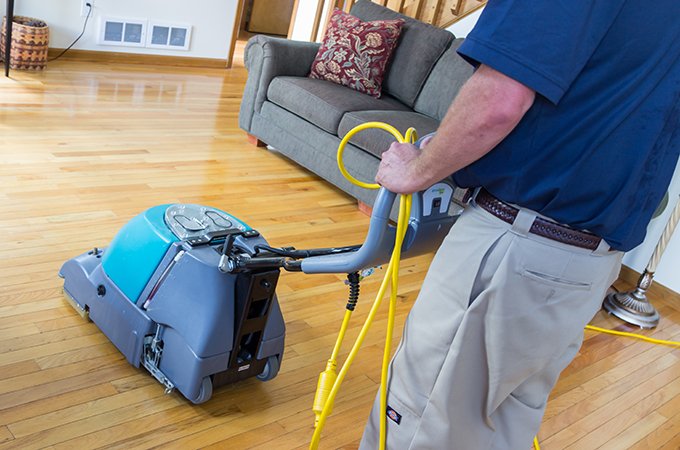
Serving Western NC and the greater Asheville Area - Available 24 Hours a Day, 7 Days a Week
Prevent Freezing Pipes
To prevent freezing pipes in your home, there are several measures you can take to safeguard your plumbing system during cold weather. Here’s an article highlighting key steps to avoid freezing pipes:
A Guide to Prevent Freezing Pipes in Your Home
As winter temperatures drop, the risk of frozen pipes in your home increases. Frozen pipes can lead to costly repairs and water damage. To avoid the inconvenience and expense associated with frozen plumbing, it’s essential to take proactive measures. This guide will walk you through practical steps to protect your pipes and ensure a smoothly functioning plumbing system throughout the winter months.
- Insulate Exposed Pipes: One of the most effective ways to prevent frozen pipes is to insulate them. Identify pipes that are exposed to cold air, especially those in unheated areas such as basements, attics, and crawl spaces. Use pipe insulation sleeves or wrap them with heat tape to provide an extra layer of protection.
- Seal Gaps and Cracks: Cold drafts can find their way into your home through gaps and cracks. Inspect the exterior of your home for any openings, especially around pipes. Seal gaps with caulk or use insulation to block cold air from reaching the pipes.
- Keep Interior Temperature Consistent: Maintain a consistent indoor temperature, especially during extreme cold spells. Set your thermostat to a temperature that prevents freezing. Even if you’re away, don’t lower the thermostat too much to ensure that the interior remains warm enough to protect the pipes.
- Let Faucets Drip: Allowing faucets to drip slightly can prevent water from standing still in the pipes, reducing the risk of freezing. This is particularly helpful for faucets connected to pipes along exterior walls.
- Open Cabinet Doors: In areas where plumbing is located inside cabinets, such as under sinks, open the cabinet doors to allow warm air to circulate around the pipes. This can be particularly important in kitchens and bathrooms.
- Disconnect and Drain Outdoor Hoses: Before the winter freeze sets in, disconnect and drain outdoor hoses. Shut off the water supply to outdoor faucets and store hoses in a warmer location. This prevents water from freezing inside the hoses and pipes leading to outdoor fixtures.
- Identify and Shut Off Unused Water Lines: If there are areas of your home that are not frequently used during winter, consider shutting off the water supply to those areas. This reduces the amount of plumbing exposed to the cold and minimizes the risk of frozen pipes.
Taking proactive steps to prevent frozen pipes is essential for the well-being of your home and your wallet. By insulating, sealing gaps, maintaining a consistent indoor temperature, and following these practical tips, you can safeguard your plumbing system and enjoy a worry-free winter. Remember that ServiceMaster of Buncombe County is here to help.
Side Menu
10 out of 10










